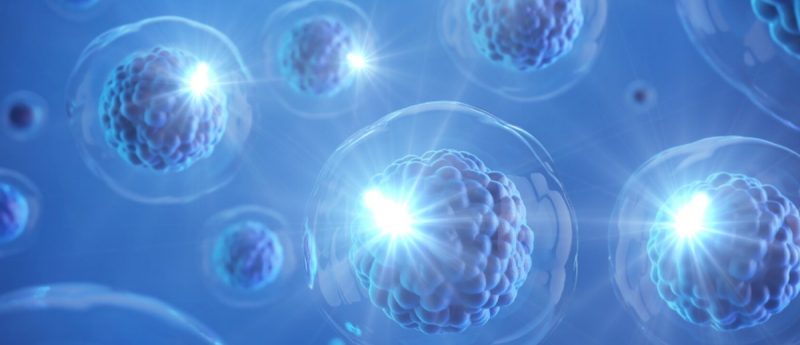Cell therapy for cardiovascular disease: an interview with Regina Fritsche Danielson, AstraZeneca

In this interview, Regina Fritsche Danielson, Senior Vice President and Global Head of Research and Early Development, Cardiovascular, Renal and Metabolism, BioPharmaceuticals R&D, AstraZeneca (Cambridge, UK), discusses the potential of cell therapy for cardiovascular disease.
Hear Regina speak at Cell Series UK: Virtual (6-7 October, 2020).
Find out more and register here>>
Please introduce yourself and your role
I am currently leading the global research and early development group for Cardiovascular, Renal and Metabolism (CVRM) in BioPharmaceuticals R&D at AstraZeneca. My accountability includes research and development through clinical proof-of-concept for our CVRM pipeline, with a focus on disease modification, regenerative medicine and precision medicine. I have an academic background in cardiovascular physiology and pharmacology, as well as in understanding cardiovascular regulation during embryonic development.
At Cell Series UK, you are presenting on the opportunities presented by cardiac regeneration to cure heart failure. What are problems with the current standard of care for heart failure?
Chronic heart failure affects approximately 38 million people worldwide and the 5-year survival rate is only 50%, which is less than for many cancers.
There are treatments available for patients with heart failure with reduced ejection fraction (HFrEF); however, they do not address the underlying cause of the disease which is a loss in functional cardiac tissue. By focusing on regenerative mechanisms, our ambition is to regenerate new cardiac tissue in vivo using ventricular progenitor cells to improve overall cardiac function.
For patients with heart failure with preserved ejection fraction (HFpEF), there are no approved treatments available today – thus, there is a high unmet medical need. Our focus in this area is to understand disease drivers linked to rapid progression of disease and identify novel targets and mechanisms. We are also investigating potential methods to reverse interstitial cardiac fibrosis, a key disease driver in these patients.
How could cell-based therapies overcome these problems?
A couple of strategies could be used. One possibility could be a therapy based on regeneration, using cells that have the potential to regenerate the cardiac tissue to improve function. We have a project like this where we transplant cardiac progenitor cells, derived from human pluripotent stem cells, into the myocardium. Early preclinical data indicate improved function and true regeneration of cardiac tissue.
There are also mesenchymal stem cells-based approaches in the clinic today and some rather large Phase 3 trials are being finalized this year. It will be interesting to see the outcome of these!
What are the challenges in producing functional cardiac tissue?
There are primarily three challenges:
- We need to use the right cells that can differentiate into functional ventricular cardiomyocytes in vivo
- We then need to ensure the cells engraft and align with the native cardiac tissue to ensure synchronized beating of the heart, devoid of arrythmias
- Finally, we need to get enough cells engrafted to give the required efficacy
This means that you need to have a solid scientific understanding of the cells, find the correct environment for the cells to exert their effect and develop a good procedure for the manufacturing and delivery of the cells to the patient
How do you avoid tumorigenicity in a cell therapy based on in vivo differentiation?
The differentiation protocol and the developmental stage of the transplanted cells are likely very important to avoid tumorigenicity. Measures such as positive and/or negative selection strategies can be used to minimize this potential risk.
Do you favor autologous or allogeneic therapies, and why?
Both approaches can be successful; it depends on the therapy and the intended indication. The most important factor is that the therapy is efficacious and has a favorable safety profile.
Hear Regina speak at Cell Series UK: Virtual (6-7 October, 2020).
Find out more and register here>>